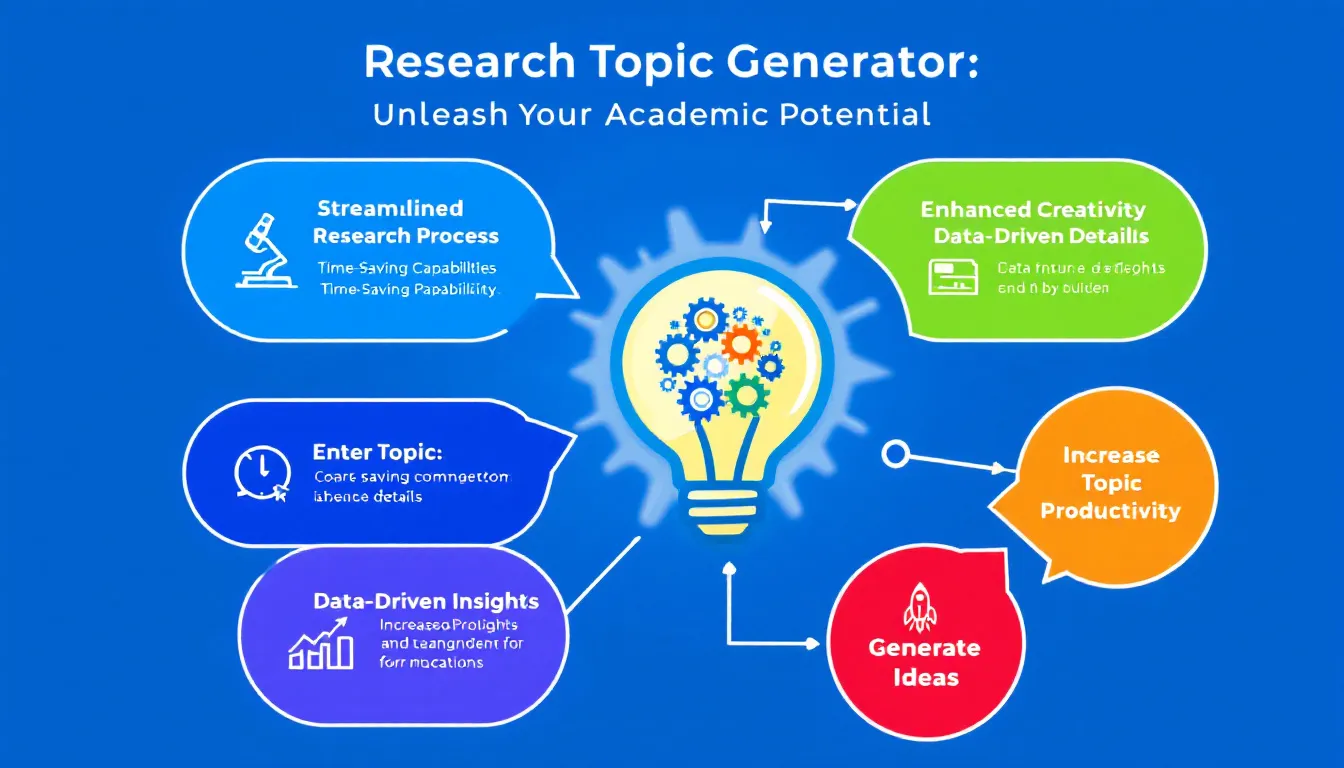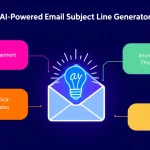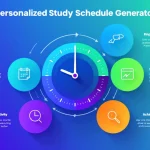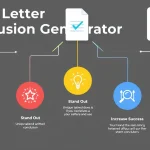Is this tool helpful?
How to Use the Research Topic Generator Effectively
Follow these steps to get the most relevant and unique research questions tailored to your interests:
- Main Topic: Enter the general subject you want to explore. For example, you could try Renewable Agriculture or Cybersecurity. This helps the tool understand your area of focus.
- Number of Research Questions (Optional): Specify how many questions you want, anywhere from 1 to 10. For instance, enter 7 if you want seven ideas, or leave it blank to get the default five.
- Specific Aspect or Subtopic (Optional): Narrow your focus by typing a related element within your main topic. You might use Soil Health for agriculture or Phishing Attacks for cybersecurity.
- Generate Topics: Click the “Generate Research Topics” button to create your list.
- Review Results: The tool will display unique research questions with brief explanations below the form.
- Copy Topics: Use the available option to copy your list easily for reference or sharing.
Following these steps ensures you get focused, thought-provoking research questions quickly and easily.
Introducing the Research Topic Generator: Definition, Purpose, and Benefits
The Research Topic Generator is an AI-powered online tool that helps you brainstorm fresh and relevant research questions based on your inputs. It uses advanced natural language processing and machine learning to analyze your chosen main topic, optional subtopics, and desired number of questions to generate unique ideas for your next study.
Whether you are a student, academic, or professional researcher, this tool supports you by:
- Saving time: Skip the lengthy brainstorming and get tailored questions in seconds.
- Enhancing creativity: Discover new perspectives and unexplored angles in your field.
- Broadening horizons: Explore interdisciplinary connections and emerging research trends.
- Improving focus: Narrow down broad topics to specific, manageable questions.
- Maintaining relevance: Generate topics aligned with up-to-date academic discourse.
This tool streamlines the early stages of research planning by transforming your ideas into solid, actionable questions that guide your investigations and studies.
Practical Usage: How to Apply the Research Topic Generator in Your Work
This tool acts as a personalized assistant to jumpstart your research project. Here’s how you can integrate it into your workflow:
1. Defining Research Proposals
Use the generator to create a variety of innovative research questions that can form the core of your proposal. For example, if your area is Urban Planning with a focus on Smart City Technologies, the tool might suggest questions like:
- How do smart traffic management systems impact urban congestion and pollution levels?
- What privacy concerns arise from the widespread use of IoT in smart cities?
- How can smart city frameworks enhance community engagement and sustainability?
2. Expanding Literature Reviews
Let the tool guide your literature search by feeding it topics and subtopics related to your research. The generated questions can point to specific areas needing more study, helping you identify gaps and structure your review effectively.
3. Classroom and Study Group Use
Students and educators can use the tool to brainstorm assignments, theses, or discussion topics. For example, inputting Public Health as a main topic with a focus on Vaccination Campaigns can yield research questions like:
- What strategies improve vaccine acceptance in vaccine-hesitant communities?
- How do social media platforms influence public perceptions of vaccination?
- What are effective methods to monitor adverse vaccine reactions in diverse populations?
4. Generating Interdisciplinary Research Ideas
The tool can cross-reference your inputs with multiple disciplines. For example, combining Artificial Intelligence with Ethics produces questions such as:
- How can ethical frameworks be integrated into machine learning algorithms for autonomous vehicles?
- What are the societal implications of AI-driven decision-making in healthcare?
- How do cultural differences influence AI ethics policy development across countries?
Using the Tool for Effective Research Planning
To get the most from the Research Topic Generator, try varying your inputs and reviewing multiple suggestion sets. This helps refine your focus and uncovers diverse angles within your research area.
Frequently Asked Questions about the Research Topic Generator
Q1: How does the Research Topic Generator craft its suggestions?
The tool uses natural language processing and machine learning to analyze your inputs and current academic trends, generating unique, highly relevant research questions rooted in the latest knowledge.
Q2: Can I use the generated topics directly in my research?
Yes, the topics serve as starting points. You should develop, customize, and explore them further to fit your specific goals and resources.
Q3: How often is the tool’s knowledge base updated?
The system updates regularly to incorporate current research trends and new findings, ensuring generated topics remain relevant and insightful.
Q4: Does the tool support generating topics for interdisciplinary studies?
Absolutely. It considers connections across fields to suggest innovative, cross-disciplinary research questions that blend multiple perspectives.
Important Disclaimer
The calculations, results, and content provided by our tools are not guaranteed to be accurate, complete, or reliable. Users are responsible for verifying and interpreting the results. Our content and tools may contain errors, biases, or inconsistencies. Do not enter personal data, sensitive information, or personally identifiable information in our web forms or tools. Such data entry violates our terms of service and may result in unauthorized disclosure to third parties. We reserve the right to save inputs and outputs from our tools for the purposes of error debugging, bias identification, and performance improvement. External companies providing AI models used in our tools may also save and process data in accordance with their own policies. By using our tools, you consent to this data collection and processing. We reserve the right to limit the usage of our tools based on current usability factors.







